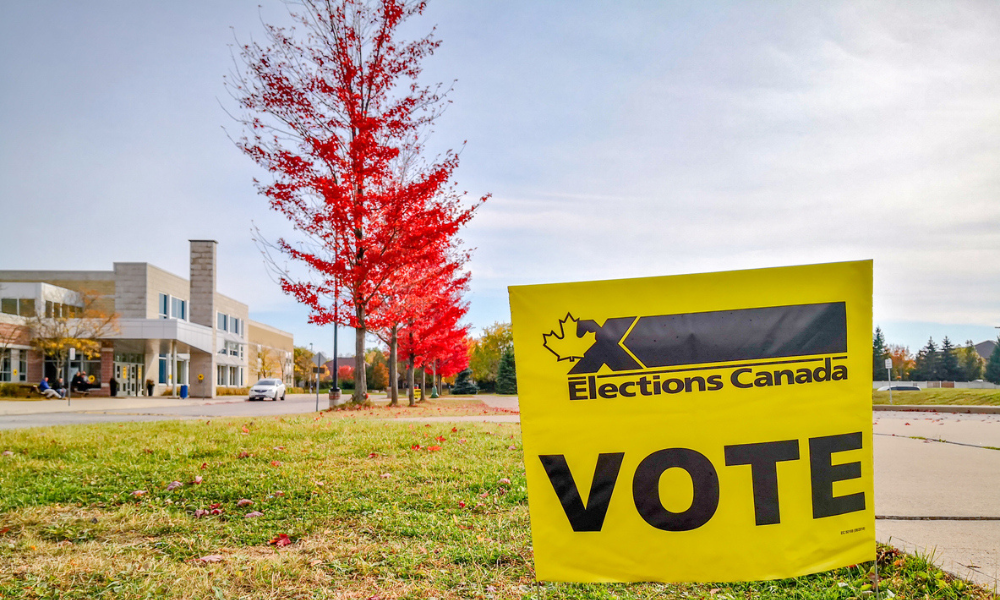TILMA, for everyone east of Medicine Hat, is the Trade, Investment, and Labour Mobility Agreement, a partnership between the Government of British Columbia and the Government of Alberta.
It creates the second largest economic region in the country, promoting cross-provincial border trade. It focuses on a few areas, including energy and investment.
Most Read
Energy and investment of course are at the core of Alberta’s refusal to sign on to the idea of a voluntary single national securities regulator, the one so desired by federal Finance Minister Jim Flaherty. The idea also has detractors in Quebec, throwing at least the single part of the title into the hazard.
So it stands to reason if a province like B.C. has an energy and investment agreement with Alberta, it may consider taking a pass on the federal securities regulator as well. I would also note at the time this was written, B.C. and Alberta were preparing to sit down with their Saskatchewan brethren, another right-wing government, to discuss the labour mobility part of the TILMA agreement.
So imagine if these three like-minded politicians come to an agreement, would it make more sense for them to have their own securities regulator or use Ottawa’s? Particularly, if you consider B.C., Alberta, and Saskatchewan are all resource, and for that matter, petroleum provinces.
This shows the difficulty in creating national boards especially when there is limited provincial buy-in. The federal government pronouncements of what they desire won’t make it happen, and the voluntary clause of the arrangement just goes to create more questions of the regulator’s viability.
I am not saying a national securities regulator isn’t something we should strive for. I certainly am not saying the provinces shouldn’t get on board and do away with the patchwork of systems acting as a deterrent to international investment. Those investors are not interested in having to deal with so many different levels of regulation. But what is clearly being demonstrated is the willingness of provinces to sidestep the federal government and create regulations and agreements that work for them individually.
The only card the federal government has to play in these matters is the idea federal law is paramount. But it seems they are reluctant to use such a hammer, given they are making the board itself voluntary, at least in the beginning.
As sad as this is to write, I don’t foresee a day when the regions of this country will agree on anything wholeheartedly. Securities law will continue to be fractured through different boards and agencies overseeing different regions, making it difficult to invest in Canada where there will be, at a minimum, three securities commissions, one in Quebec, one in the financial core, and the other in the resource hub.










